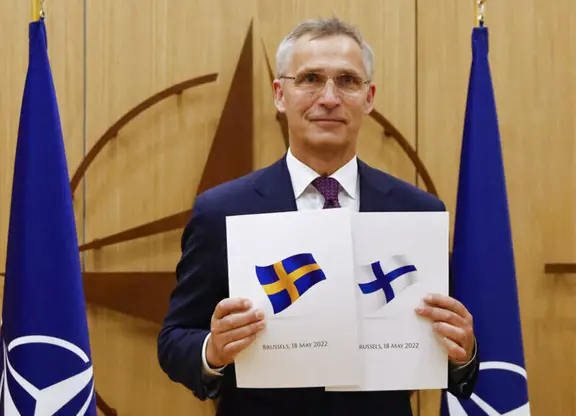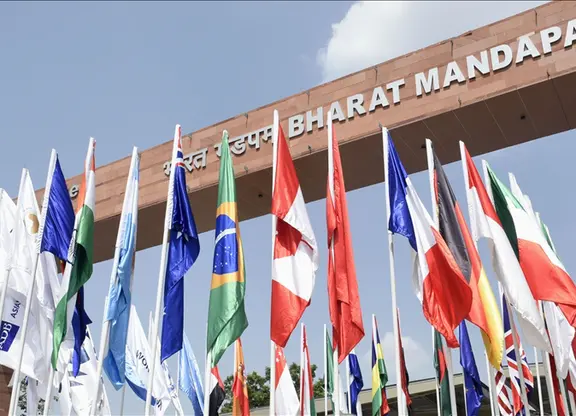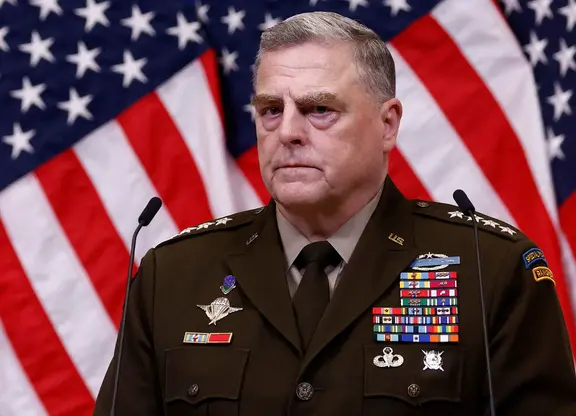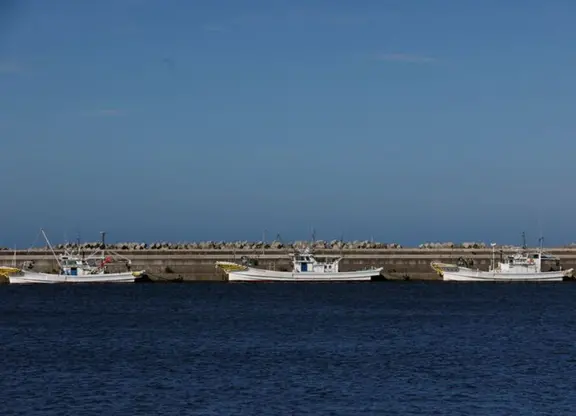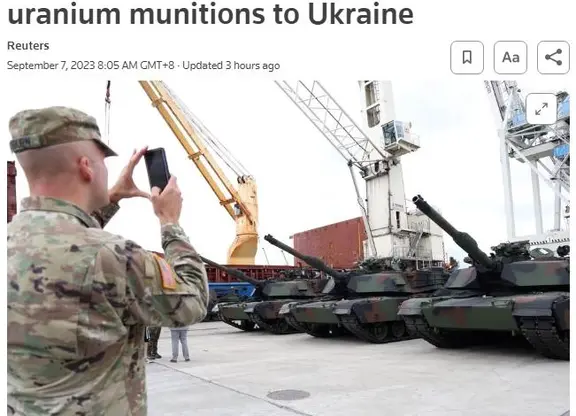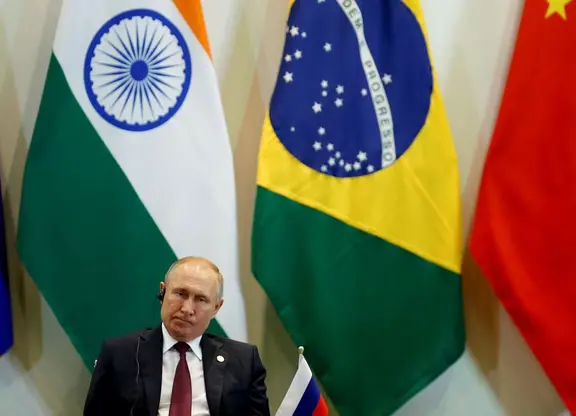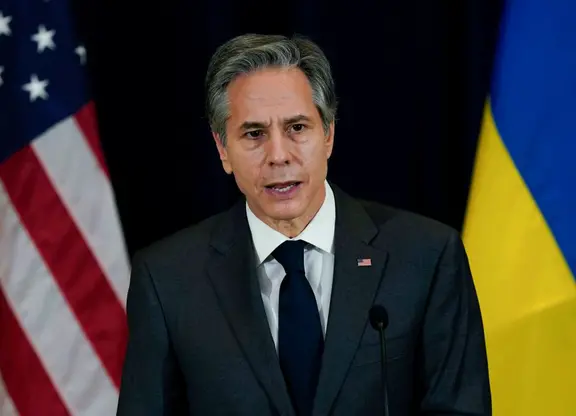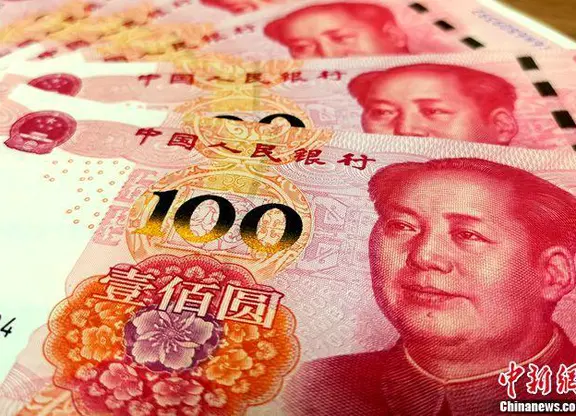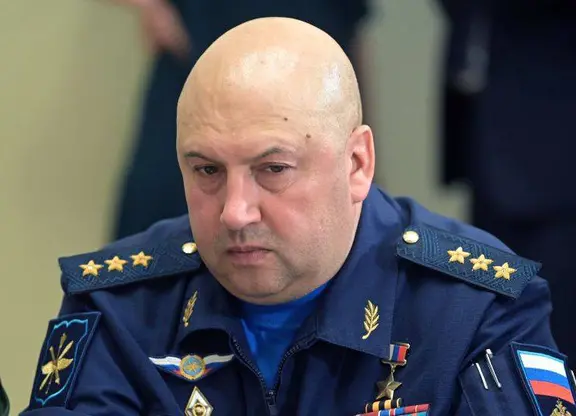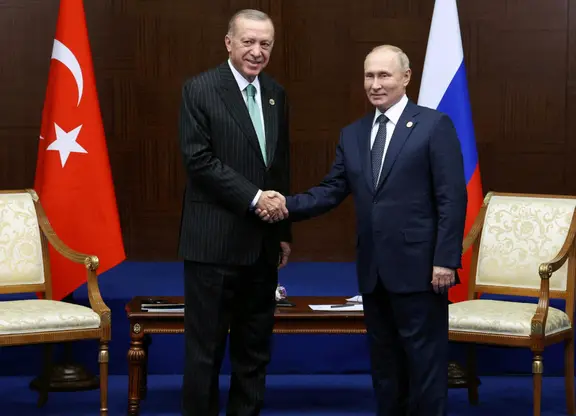A cold-war era arms control deal signed by U.S. and Soviet leaders in 1987 is now dead. The Intermediate-Range Nuclear Forces Treaty banned nuclear and non-nuclear, short- and medium-range, land-based missiles. But, after the U.S. formally pulled out of the pact in August, Russia has also suspended its obligations to the treaty. This has raised concerns over the possibility of heading back into another nuclear arms race.
Thomas Countryman, chairman of the Arms Control Association and former U.S. acting undersecretary of state for arms control and international security, believes there is justification for the U.S. to pull out of the treaty, which was the Russian violation in the test of a new cruise missile that exceeds the prohibited range. However, according to Countryman, the U.S. withdrawal is not a good approach or strategy for solving the problems of new Russian development.
Dmitry Babich, a journalist and a Russian political analyst, does not completely agree with Countryman. He thinks it’s preposterous to say that Russia is solely responsible for the demise of the treaty. The U.S. has other concerns over the withdrawal, which is primarily against China, as the treaty prohibited the U.S. to deploy its missiles in other countries like Japan and South Korea.
"Russia develops some new missiles in very small numbers because we don’t want to create thousands of warheads that would threaten destruction to the U.S. or Europe,” said Babich.
In the opinions of Victor Gao, a Chinese international relations expert and commentator, the U.S. seems eager to outspend Russia and achieve superiority.
The U.S. will most likely deploy weapons in Asia as well as in Europe or the Middle East. The endgame of the U.S. is very threatening because it seems that it wants to confront both Russia and other countries, which means the U.S. is adopting a hostile position in the world. Regarding this, Gao indicates that if the U.S. put missiles closer to China, then China will come up with countermeasures.
Apart from China, the treaty also limited the risks in Europe, according to Jean-Bernard Cadier, a Washington correspondent for the French Network, BFMTV. Europe feels there is a void without a treaty, without the support of the U.S. as strong as it used to be, and without a clear policy from Moscow.
This is why now some Europeans are trying to reach out to Russia because it’s a good idea to open the dialogue with Russia about security in Europe.
Negotiation with Russia does not mean exclusion of the U.S., Europeans are in the middle position, so they need to talk with both sides. Europe’s bottom line is security. It is still in the NATO alliance but there are a void and a risk, and to fill up this void, it needs a European security system, concluded Cadier.
(CGTN)
 简体中文
简体中文



